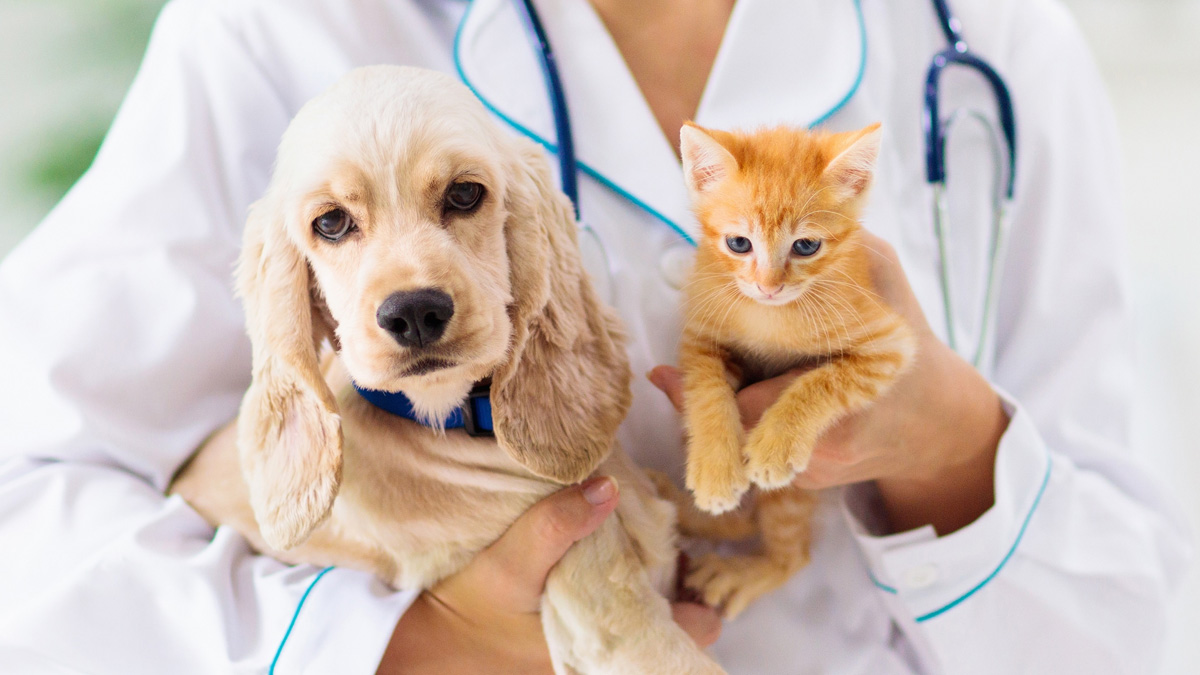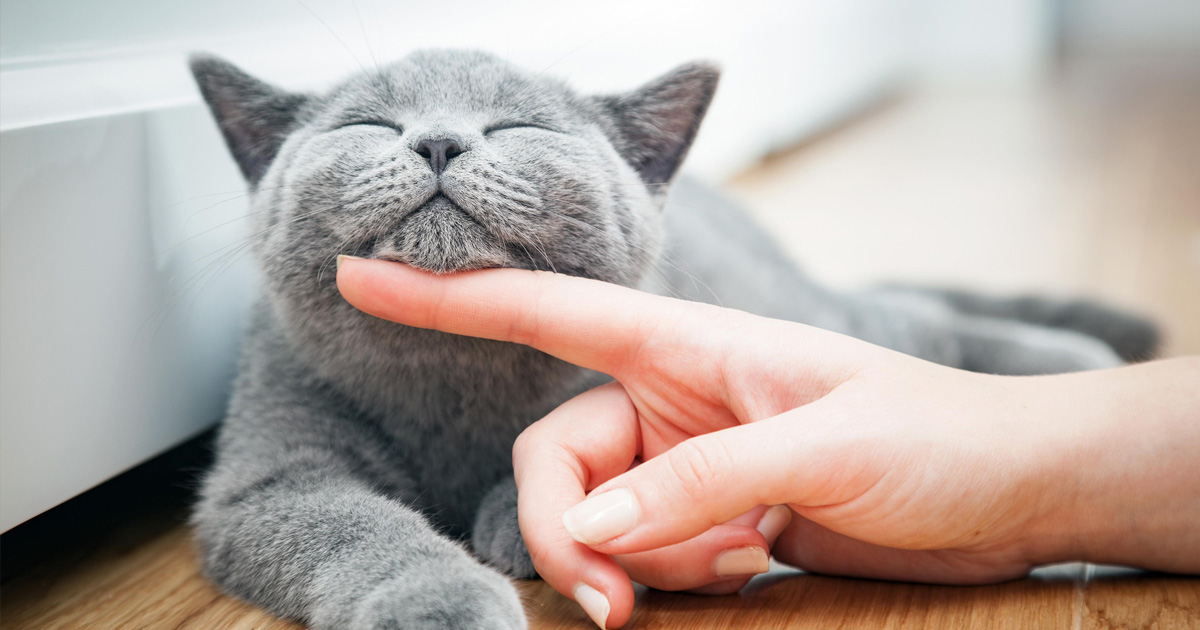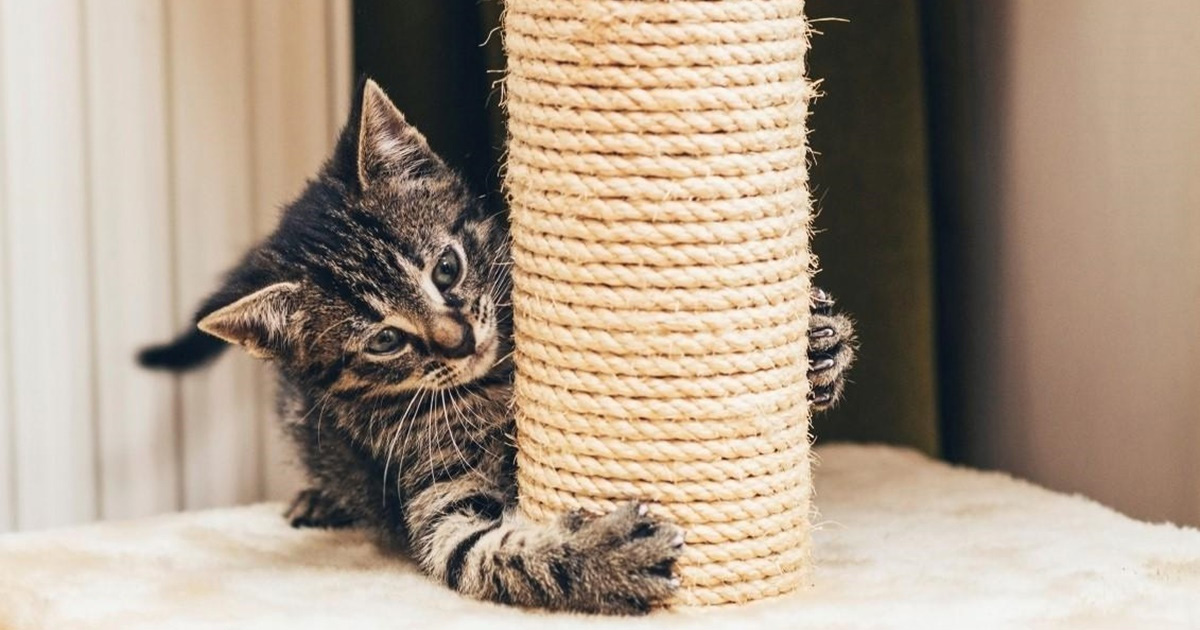Veterinary Insurance

A good insurance plan can help you budget for your yearly preventative care costs or be a back up in case of emergency.
Much like insurance plans for ourselves, veterinary insurance comes in many different types and through many different companies. And just like our own insurance, can be very confusing. Insurance for your pet is highly recommended if you are:
- Concerned about your yearly out of pocket vet care expenses
- Trying to budget your veterinary expenses
- Worried about the cost of emergency or critical care should your pet have an accident or injury
What Does Veterinary Insurance Cover?
A good insurance plan can help you stay on budget for your yearly preventative care costs, or can be a back up in case of emergency. Wellness plans will typically cover your pets yearly preventative care needs, but do not cover any injury or illness. On the other hand, major medical plans will cover your pet in case of accident or injury, but the costs of yearly preventative care, such as bloodwork and vaccines, will not be covered. In addition, different insurance companies will also reimburse you differently. Some will only reimburse a set amount of money per service or diagnosis per year after your deductible is paid. Others will have a set deductible and reimburse a percentage of your out of pocket expense after the deductible is paid. No matter what company you decide to go with, make sure you read the fine print as plans can differ widely.
Pre-existing Conditions
Because navigating pet insurance can be very confusing and frustrating, we have listed below a couple companies and policies that we recommend. In our experience, these companies currently have the best treatment and reimbursement policies according to our clients that have policies. BE AWARE that all insurance companies will review your pets previous medical history prior to issuing a new policy. Any pre-existing conditions such as chronic skin and ear infections, allergies, chronic gastrointestinal issues, etc. will be either excluded conditions under your policy, or may require a waiting period before they are covered. For this reason, the best time to initiate a policy for your pet is when they are young, healthy, and have no pre-existing medical conditions or treatments.
Pet Insurance Options
We recommend starting with Pawlicy Advisor, a free tool that helps pet owners compare coverage, pricing, and benefits across multiple pet insurance companies. It tailors recommendations based on your pet’s breed, age, and location, making it easier to find the best plan for your needs and budget.
Spot Pet Insurance
Spot offers flexible coverage with customizable annual limits, deductibles, and reimbursement rates. They cover accidents and illnesses, and you can add preventive care for an additional cost.
Pets Best
Pets Best provides budget-friendly options with quick claims processing and direct vet payments in some cases. Plans cover accidents, illnesses, and even routine care if you choose their wellness add-on.
FIGO Pet Insurance – Major Medical
This plan is for major medical only, and is for pet owners who are most concerned about the unexpected expense should an accident or illness occur. FIGO allows you to configure your plan to meet your needs and your budget, so your monthly premium will depend on which yearly deductible and reimbursement percentage you choose. You can also choose your own annual benefit limit from $10K, $15K, or unlimited annual benefit. Exam fees are not reimbursed under the basic plan, but you can choose to include exam fee coverage for a couple extra dollars a month.
Trupanion
Trupanion covers 90% of eligible vet costs with no payout limits and offers direct payment to participating veterinary hospitals. Their policy is known for comprehensive coverage and simplicity, with fewer add-ons and exclusions.
Embrace
https://www.embracepetinsurance.com/
Embrace provides accident and illness coverage with optional wellness rewards for routine care. They also offer diminishing deductibles—your deductible goes down each year you don’t file a claim.
Frequently Asked Questions
Insurance for your pet is highly recommended if you are concerned about your yearly out-of-pocket vet care expenses, trying to budget your veterinary expenses, or worried about the cost of emergency or critical care should your pet have an accident or injury.
The best time to buy pet insurance is when you first adopt your pet. We recommend an accident and illness, and wellness plan. For more specifics, please contact us.
As with all insurances, including pet insurance, you need to contact the insurance carrier to determine coverage.
Most pet insurance becomes active within 2-4 weeks.
Pet insurance is usually a reimbursement to the owner directly after the owner has paid the bill at the veterinary practice. So it has no bearing or association on the veterinary practice or cost for pet care.


